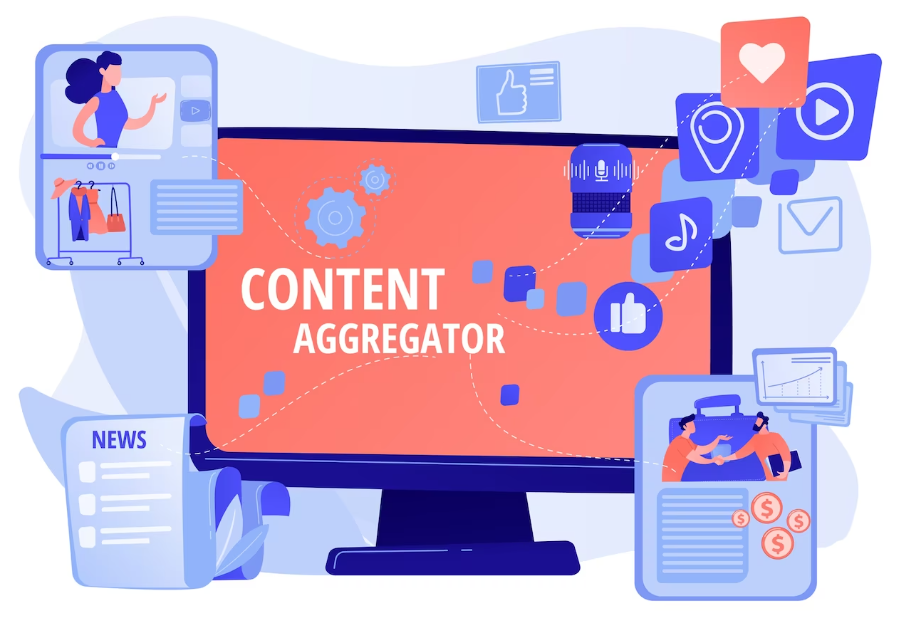The Ultimate Guide to On-Page SEO: How to Optimize Your Content for Better Rankings

As a digital marketing professional with over 20 years of experience, I've seen the evolution of search engine optimization (SEO) over the years. One of the most crucial aspects of SEO is on-page optimization, which involves optimizing your website's content to improve its visibility and ranking on search engines like Google.
In this ultimate guide to on-page SEO, we'll cover everything you need to know about optimizing your content for better rankings.
Start with Keyword Research
The first step to optimizing your content is to conduct thorough keyword research. This involves identifying the most relevant and high-traffic keywords for your content and integrating them strategically throughout your website.
Tools like Google Keyword Planner, SEMrush, and Ahrefs can help you identify the keywords that your audience is searching for and optimize your content accordingly.
Optimize Your Meta Tags
Meta tags, including the title tag and meta description, play a crucial role in on-page SEO. Your title tag should include your primary keyword and be no more than 60 characters, while your meta description should be between 150-160 characters and provide a compelling summary of your content.
By optimizing your meta tags, you can improve your click-through rate (CTR) and encourage more users to click on your website when it appears in search results.
Focus on Content Quality
In addition to keyword optimization, it's important to focus on the quality of your content. Google rewards websites that offer high-quality, informative, and engaging content that satisfies users' search intent.
Your content should be original, well-written, and relevant to your target audience. Incorporating multimedia elements like images, videos, and infographics can also improve the user experience and increase engagement.
Use Header Tags to Structure Your Content
Header tags (H1, H2, H3, etc.) help to structure your content and make it more readable for both users and search engines. Your H1 tag should include your primary keyword and provide a clear and concise description of your content.
Subsequent header tags should be used to break up your content into sections and provide an outline of your article. This not only improves the user experience but also helps search engines understand the structure of your content and its relevance to user search queries.
Optimize Your Images
Images can add value to your content and improve its visual appeal, but they can also slow down your website's loading time if not optimized properly. By optimizing your images, you can improve your website's loading speed and provide a better user experience.
This includes compressing your images, using descriptive file names and alt tags, and including relevant captions and text to provide context.
Include Internal and External Links
Internal and external links help to establish the relevance and authority of your content. Internal links point to other pages within your website, while external links point to other reputable websites that provide additional information or resources.
By including internal and external links, you can improve the user experience and provide more value to your audience. This can also improve your website's authority and credibility in the eyes of search engines.
Optimize Your URL Structure
Your website's URL structure can also impact your on-page SEO. Your URL should be descriptive, short, and include your primary keyword if possible.
Avoid using long and complicated URLs that can confuse users and search engines. Instead, use simple and descriptive URLs that provide a clear and concise description of your content.
In conclusion, on-page SEO is a crucial aspect of search engine optimization that can help improve your website's visibility and ranking on search engines. By following the tips and techniques outlined in this guide, you can optimize your content for better rankings and improve your website's search engine performance.
--------------------------------------
ZapMyWork.com is your one-stop shop for all your freelance needs. We are an online marketplace that connects clients with skilled and talented freelancers from around the world. One of the things that sets us apart from other freelance marketplaces is our rigorous screening process. We carefully vet all of our freelancers to ensure that they have the skills and experience to deliver high-quality work, one project at a time. Let us know how we can help you today!
Recent Posts
-
04/26/2024Thriving Through Flexibility: How FlexiConsulting Found Success with ZapMyWork
-
04/19/2024Flourishing Home Trends: How "ZapMyWork" Became the Cornerstone of Our Interior Design Success
-
04/15/2024Weaving Success with ZapMyWork's Freelance Marketplace
-
04/12/2024Streamlining Project Management in Small Businesses: The ZapMyWork Experience with ClearVision Consulting
-
04/10/2024Transforming Toy Design with Electronics Engineering Freelancers: A Case Study on ToyInnovate
Store Address
Information
Copyright © 2022 - Present. ZapMyWork, LLC. All Rights Reserved




